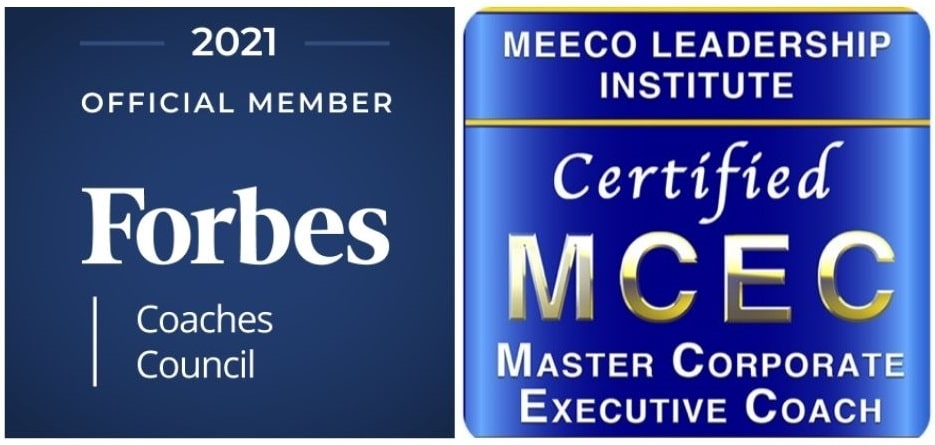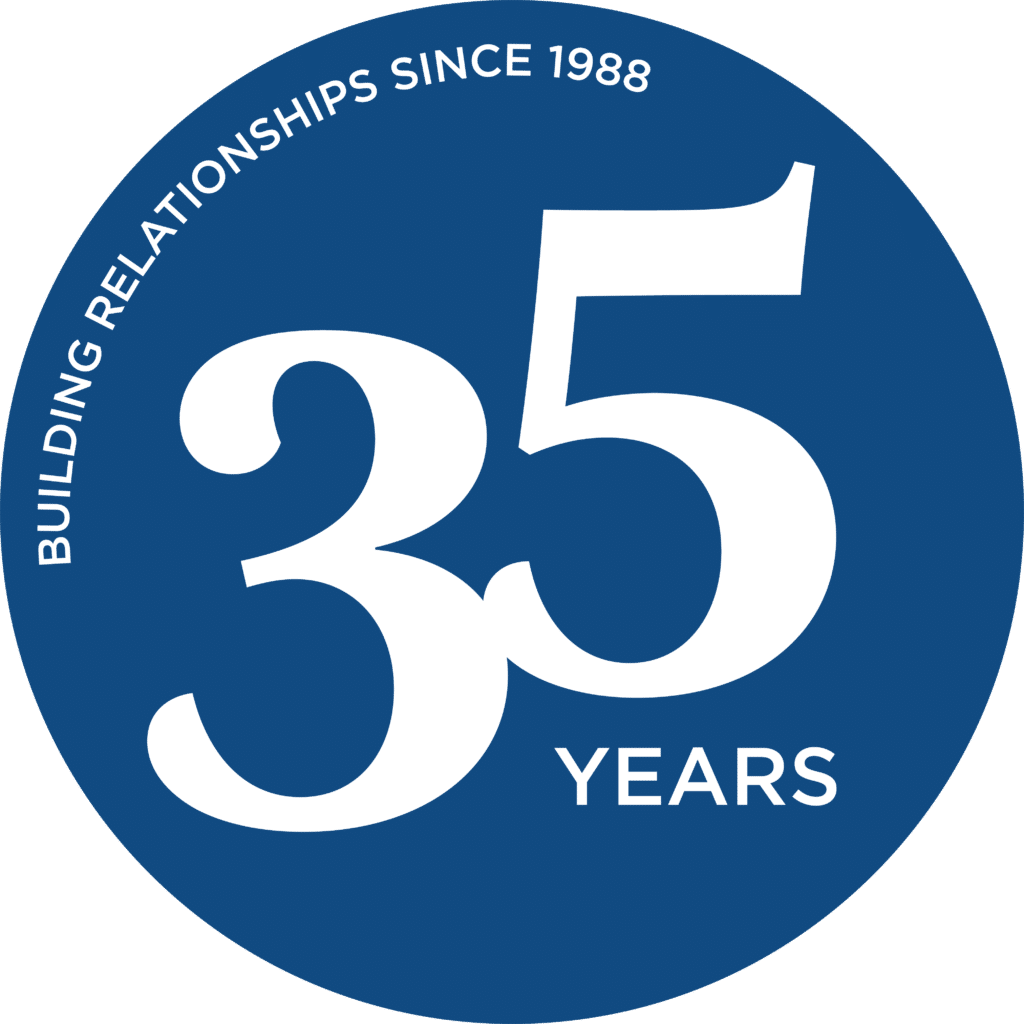Executive coaching has evolved dramatically over the past two decades. Seen today as an evidenced-based, highly sought-after individualized opportunity for developing leaders, teams, and high potential employees across an organization, it has come a long way from being applied to correct toxic behaviors among leaders. Yet, there is still so much confusion around what executive coaching is and what it is not and, more importantly, what someone should do when they engage with an executive coach.
There are so many varieties and flavors of coaching. Coaches are employed to support goals that are personal and professional, career related, skills based or in the moment; there are even coaches to supplement weight loss and organizing! But Executive Coaching has long been associated with the business landscape and involves a process by which an executive coach engages with a client to help them realize their professional goals.
Executive coaches apply development related strategies and assessments when working with clients. But as we celebrate International Coaching Week and recognize that employees around the globe are beginning to move forward through the pandemic, it seems appropriate to flip the conversation from providing coaching to receiving coaching.
If you are fortunate enough to receive executive coaching services, have the motivation to do what is needed to be more effective in your role, and want to successfully navigate challenge and ambiguity, the acronym RESET offers five things you should be prepared to explore with your executive coach to achieve success.
Reflect. Reflection has long been understood to be a core component for how adults learn. In fact, the Adult Transformational Leaning (ALT) process for change begins with a point in time when we become critically self-reflective and exercise reflective judgment that sparks us to change or try to do things a different way. In the workplace, this might come from receiving pointed feedback or an experience that challenges our belief system of the way things are or ought to be. Through the coaching experience, it is important to give yourself time to reflect on how you are responding to coaching, experiencing the development process, and challenging your assumptions.
Explore. Digging into why we choose to do things a certain way, embrace and resist feedback, or even frame our point of view is important during the coaching experience. The more we explore, the more we see things differently and widen our perspective. In the workplace, this can help identify root causes contributing to interpersonal relationships and even issues of performance. Most importantly, the act of exploration allows you to focus in on areas that are important to you—goals and plans—and where you want to center your coaching experience.
Shift. Adults can realize change, personal growth, and learning when they reframe their point of view; achieved when challenging their own assumptions and broadening their perspectives. Starting with critical reflection, your coaching journey will help with this shift. In the workplace, you will see evidence of this as you exercise empathy, build openness, and even stretch your inclusiveness muscle. Some will experience greater confidence and heightened commitment to goals.
[divider height=”30″ style=”default” line=”default” color=”” themecolor=”0″]
“That which we persist in doing becomes easier – not that the nature of the task has changed, but our ability to do has increased.”
– Ralph Waldo Emerson
[divider height=”30″ style=”default” line=”default” color=”” themecolor=”0″]
Envision. Being open to the coaching relationship and self-reflection is not enough. In the workplace, you must weave your goals into the organization and its culture to consider how your goals can be exercised and how you want to show up differently—perhaps without your current habits or without being derailed when working with “that” person. Visioning is key to successfully creating an individual development plan or personal roadmap. It allows you to realize where you want to be and the gap that needs to be filled to get there.
Transform. The art and science of coaching, when engaging an executive coach who can apply theory to practice instead of just skills-based training, enables you to engage in what Chris Argyris calls double-loop learning. This process helps you amplify your development as you learn new behaviors and learn to self-correct behaviors that may not serve you.
A strong executive coaching engagement will incorporate role-playing, reflective discourse, critical reflection, visioning, inquiry, and support you to live into your personal road map as you experience your own transformation during the process.
Adena Johnston, D. Mgt., MCEC
Vice President and Practice Leader, Talent Development
CCI Consulting




